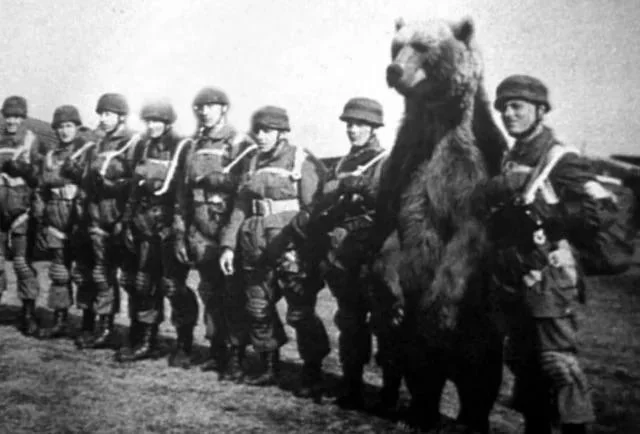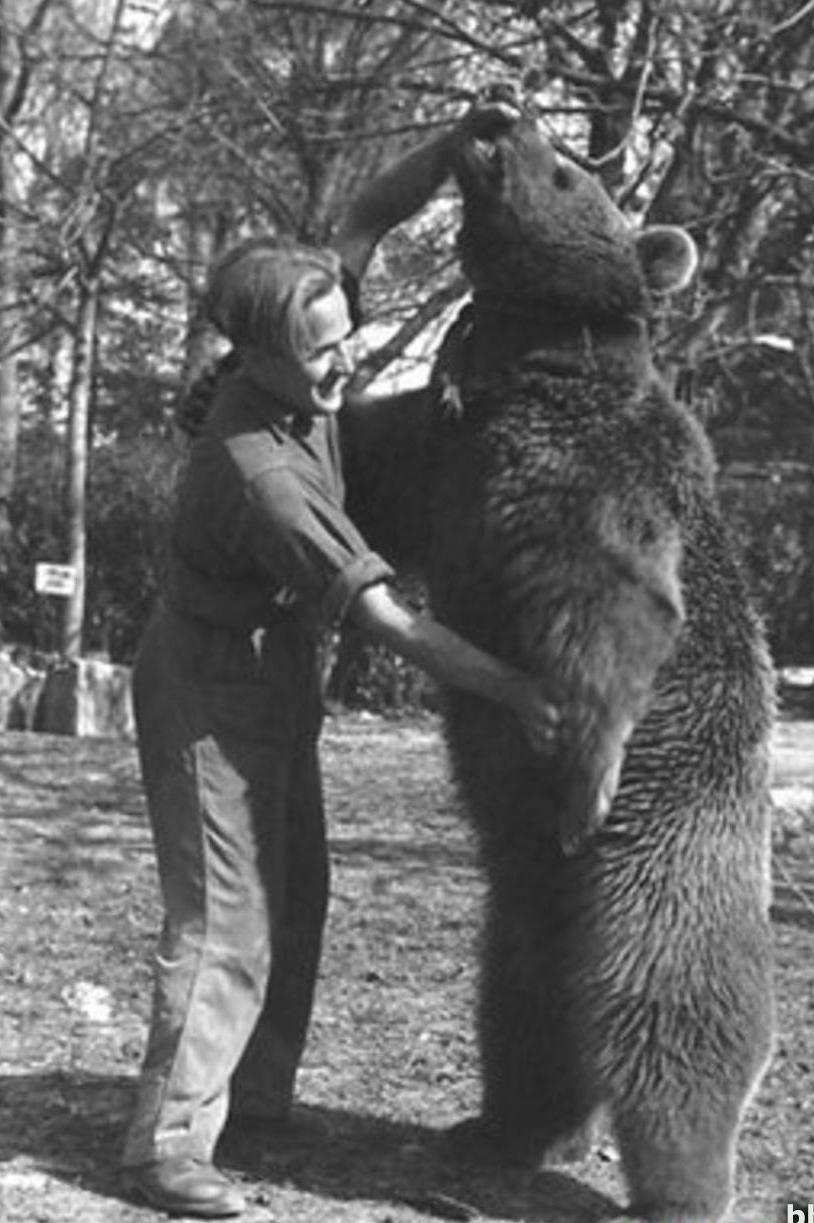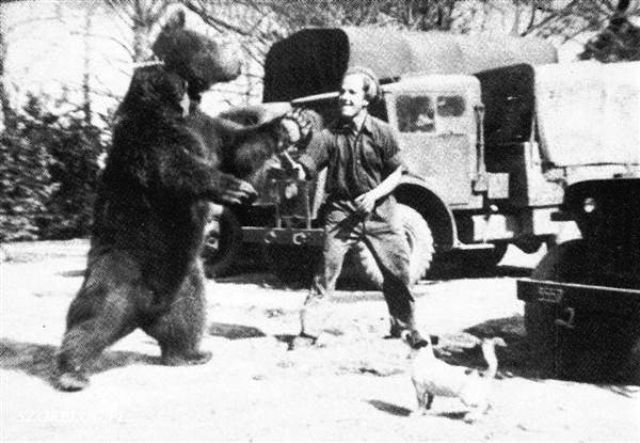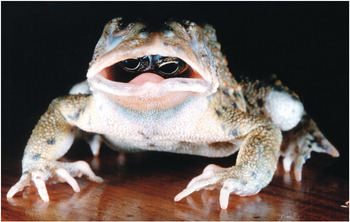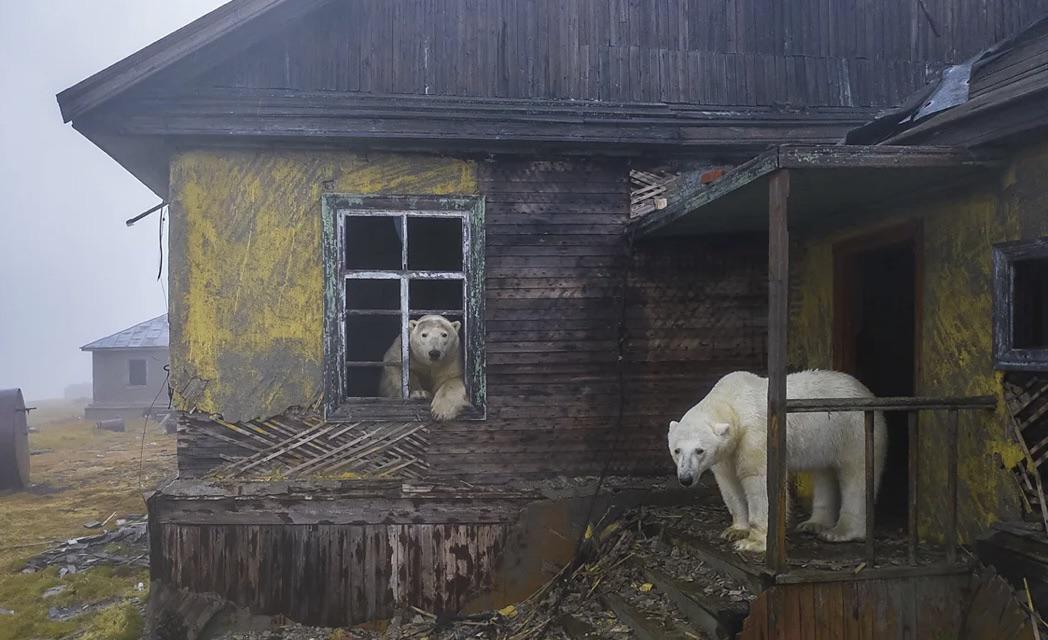In the annals of military history, few stories are as extraordinary and heartwarming as that of Wojtek, the Syrian brown bear who became an official soldier in the Polish II Corps during World War II. More than just a mascot, Wojtek was a true companion who fought alongside Polish soldiers, sharing their hardships, their moments of camaraderie, and their ultimate quest for freedom.
The story of Wojtek began in the most unexpected of circumstances. In 1942, during the tumultuous days of World War II, a young Iranian boy encountered a group of Polish soldiers. The soldiers, who had been released from Soviet labor camps and were making their arduous journey through the Middle East, came across an orphaned bear cub. In a moment that would define an extraordinary friendship, they traded some food with the boy and took the young bear into their care.
Initially a tiny, malnourished cub, Wojtek was nursed back to health by the soldiers who would become his family. They fed him condensed milk from an old vodka bottle, and as he grew, his diet expanded to include more substantial fare. Soldiers would share their rations with him, and he quickly became more than just an animal – he was a full-fledged member of the unit.
As Wojtek grew, he became an integral part of the 22nd Artillery Supply Company. Unlike a typical mascot, he was treated as a genuine soldier. He traveled with the troops, initially in a special cage and later more freely as he became a trusted companion. The soldiers taught him various military-like behaviors, and he seemed to genuinely enjoy being part of the unit.
His diet became legendarily varied. Soldiers would reward him with bread, beer, and marmalade – treats that he came to love. He would wrestle with soldiers, drink beer from bottles (and reportedly enjoy it immensely), and even learned to carry ammunition crates during battle. Wojtek was not just a morale booster; he was a genuine member of the military unit.
Wojtek’s most famous moment came during the Battle of Monte Cassino in Italy, a critical and incredibly bloody engagement of World War II. To ensure he could be officially transported with the unit, Wojtek was actually enlisted as a soldier, complete with his own rank, serial number, and official documentation. During the battle, he helped his unit by carrying heavy ammunition crates, moving them from supply trucks to artillery positions.
His presence was more than just practical – he was a symbol of hope and resilience for the Polish soldiers who had endured incredible hardships. Many of these soldiers had been displaced from their homeland, imprisoned in Soviet labor camps, and were fighting a war far from home. Wojtek represented their spirit of survival and companionship.
After the war, Wojtek’s journey continued. Unable to return to Poland due to the communist regime, he was eventually settled in the Edinburgh Zoo in Scotland, where he lived out the remainder of his days. Visitors would often see him and hear the incredible story of the bear who became a soldier.
The soldiers of the 22nd Artillery Supply Company never forgot their furry comrade. Even after the war, they would visit him, bringing him his favorite treats and reminiscing about their extraordinary times together. Wojtek had become more than just a mascot – he was a living symbol of the Polish soldiers’ journey, resilience, and brotherhood.
Today, Wojtek is remembered through numerous memorials. Statues in Poland, Scotland, and other locations commemorate his incredible story. He has become a symbol of the often-overlooked Polish soldiers of World War II and a testament to the unexpected bonds that can form during times of extreme hardship.
His story transcends the typical narrative of war. It’s a tale of friendship, survival, and the incredible connections that can form between humans and animals. Wojtek reminds us that in the darkest of times, companionship can emerge in the most unexpected forms.
Wojtek was not just a bear who happened to live among soldiers. He was a soldier in his own right, a companion, and a symbol of hope. His story challenges our understanding of military history, of animal-human relationships, and of the extraordinary circumstances that can bring unlikely beings together.
In the grand tapestry of World War II stories, Wojtek stands out as a beacon of hope, a reminder that even in the midst of tremendous hardship, friendship and compassion can flourish in the most unexpected ways.
